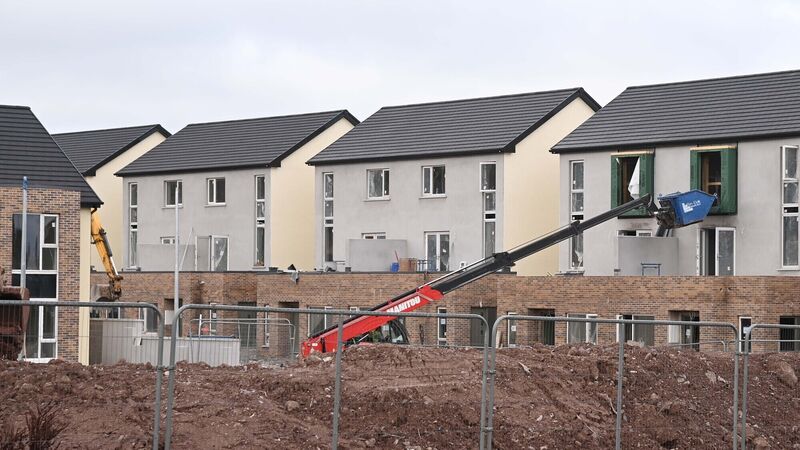Irish Examiner view: Cork housing figures a reminder of current crisis

A social housing project status report from the Department of Housing shows that 1,182 planned homes in Cork City were at the same point in the planning process in September 2023 that they had been at last January. In some of those cases houses were approved almost five years ago, in the second quarter of 2019. Picture: Denis Minihane
Yesterday in these pages, Paul Hosford reported on a statistic regarding public housing in this country — namely, more than 1,100 social houses in Cork City are currently stalled at various stages of the planning process.
A social housing project status report from the Department of Housing shows that 1,182 planned homes in Cork City were at the same point in the planning process in September 2023 that they had been at last January. In some of those cases houses were approved almost five years ago, in the second quarter of 2019.
Already a subscriber? Sign in
You have reached your article limit.
Subscribe to access all of the Irish Examiner.
Annual €130 €80
Best value
Monthly €12€6 / month
Introductory offers for new customers. Annual billed once for first year. Renews at €130. Monthly initial discount (first 3 months) billed monthly, then €12 a month. Ts&Cs apply.
CONNECT WITH US TODAY
Be the first to know the latest news and updates
















